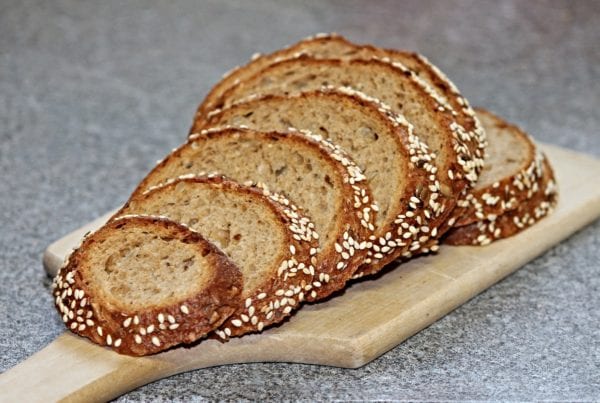Trust your gut. Something that most of us have been advised (by others or our own intuition) at some point in our lives. There is a lot of truth in those three words. Your gut is intricately linked to your brain via the ‘gut-brain-pathway’ (a complex two-way communication system). This pathway can provide vital information that can impact how you think, feel and act in many different situations.
A couple of years ago, a paper published in The Journal of the American Medical Association, explores whether gut feelings really come from the gut.
“Traditionally, scientists have focused on the role of the central nervous system in regulating our moods and behaviours, but a paradigm shift is afoot, with new research revealing a unique role of our gut microbiota in influencing emotion,” writes the paper’s author, M.J. Friedrich.

The Gut-Brain Relationship
Our gut is connected to our brain via more than 100 million neurons and the gut itself literally feeds gut feelings directly to the brain. Think of “butterflies in our tummies” or feeling “sick to the gut’. What happens in our gut really does influence what goes on in our minds! There is a lot of emerging research linking gut health to everything from sleep, anxiety disorders and depression, as well as medical conditions associated with changes in mood, such as Irritable Bowel Syndrome (IBS). IBS is considered a “gut-brain disorder”, since it is often worsened by stress. Many IBS sufferers also have difficulties with depression or anxiety. Ongoing research is investigating whether gut bacteria are one reason for the mood symptoms in IBS, as well as the gastrointestinal pain, diarrhoea and constipation.
Micro-organisms in our gut secrete a significant amount of chemicals. Some of these are the same substances used by our neurons to communicate and regulate mood, like dopamine, serotonin and gamma- aminobutyric acid (GABA). These chemicals appear to play a function in intestinal disorders, which coincide with high levels of major depression and anxiety. The more that scientists discover about the role of the gut, the more it becomes very clear that having a healthy gut microbiome is essential for good brain health and overall mental health.
What is a “healthy” gut?
If having a healthy gut is the key to lifelong happiness, how do we get our gut into tiptop shape? Generally, a healthy gut means a diversity of bacteria. To achieve diversity, we need to eat a range of different types of fibre.
The key seems to be in eating the right type of fibre. There are two key types categories of fibre – fermentable and non-fermentable. Non-fermentable fibre has a laxative effect, whereas fermentable is the type of fibre, which feeds the bacteria in our bellies. Feeding these bacteria can help to achieve optimal gut health, which in turn can influence our happiness and prevent a range of gut-related diseases. Fermentable fibre can be found naturally in whole grains, stone-ground cereals, bananas, brown rice, legumes, pulses and BARLEYmax™.
The future for gut brain health
The emerging research into gut-brain health is very exciting.
Animal research is investigating whether the transfer of compounds found in the feces of infant monkeys into another monkey’s intestine, can change their neurodevelopment. Even more intriguingly, in a study published this year, gut microbiota samples from people with major depression were used to colonise bacteria-free rats. These rats went on to show behavioural changes related to depression. Human studies have found people with major depression have different bacteria in their faeces to healthy volunteers. But it’s not yet clear why there is a difference, or even what counts as a “normal” gut microbiota.
There are still so many questions to answer. If altering the gut’s microbes can change behavior, which microbes are most important? What does it take to tip the scales toward the right ones? We simply don’t have good answers yet, but imagine what the future holds for curing human disease.
If you can achieve optimal gut health, then you certainly can rely on your gut instincts!

Teri Lichtenstein
BSc (Hons), MNutrDiet, Grad, Dip Business
Intended as general advice only. Consult your health care professional to discuss any specific concerns.





